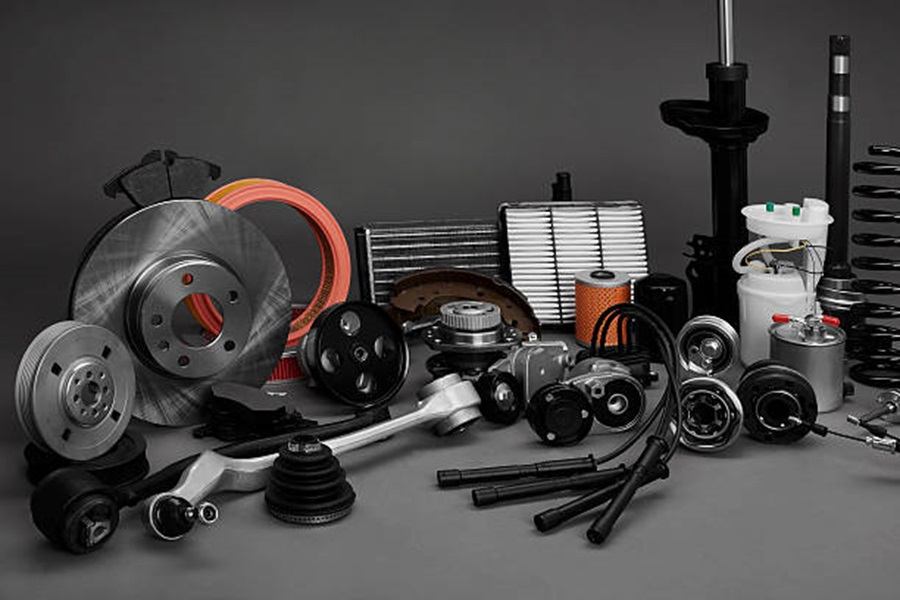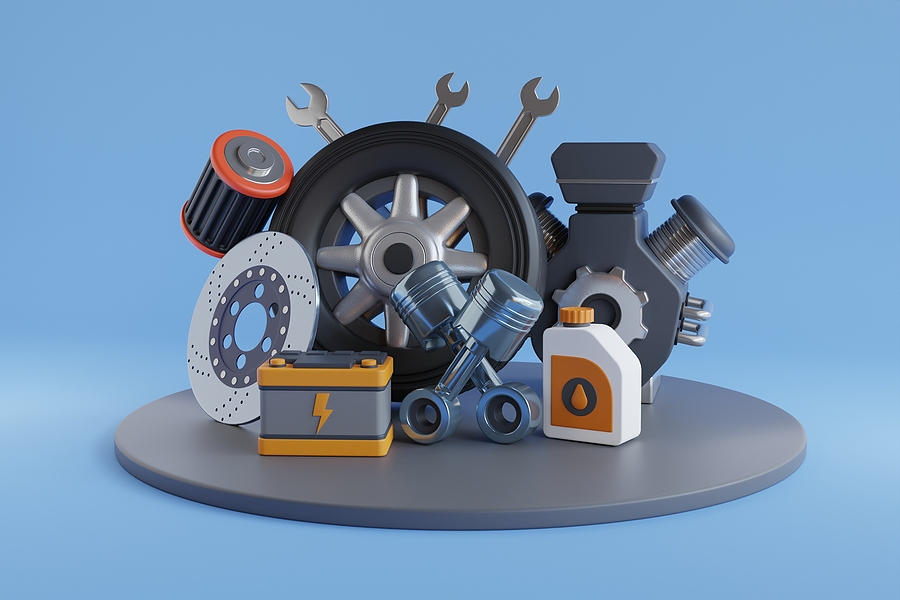Car depreciation is a crucial concept that every car owner should understand. It refers to the decrease in a vehicle’s value over time, which can significantly impact its resale value. Whether you’re planning to sell your car in the future or simply want to know how its value will change over time, understanding the factors that affect depreciation is essential. This article will explore the key elements that influence car depreciation and provide tips on how to maintain your vehicle’s value.

- What is Car Depreciation?
Car depreciation is the gradual decline in a vehicle’s value from the time it is purchased. This decrease in value occurs due to a variety of factors, including age, mileage, wear and tear, and market demand. On average, a new car loses about 20-30% of its value in the first year alone, with depreciation rates slowing down in subsequent years. Understanding this concept is vital for car owners who want to maximize their vehicle’s resale value.
Primary Factors Influencing Depreciation:
- Age of the Vehicle
- Mileage Accumulated
- Condition of the Car
- Market Demand
- Age of the Vehicle
One of the most significant factors affecting a car’s depreciation is its age. Newer cars tend to depreciate faster, particularly within the first few years. This rapid decline in value is largely due to the fact that the market favors newer models, and technological advancements make older vehicles less desirable. However, once a car reaches a certain age, typically around five years, the rate of depreciation slows down, as the vehicle has already lost a substantial portion of its initial value.
Tips to Mitigate Age-Related Depreciation:
- Keep up with regular maintenance to ensure your car remains in good working condition.
- Consider buying a certified pre-owned vehicle that has already undergone initial depreciation.
- Mileage Accumulated
Mileage is another critical factor in car depreciation. The more miles a car has on the odometer, the less it is worth. High mileage indicates that the car has been extensively used, which often correlates with greater wear and tear. Buyers typically prefer vehicles with lower mileage, as they are likely to have a longer remaining lifespan.
Tips to Manage Mileage-Related Depreciation:
- Limit long trips and consider carpooling or using alternative transportation methods for daily commutes.
- Regularly service your car to ensure it runs smoothly, even with higher mileage.
- Condition of the Car
The physical and mechanical condition of a car plays a crucial role in determining its resale value. A well-maintained vehicle that is free of dents, scratches, and mechanical issues will depreciate less than one that shows signs of neglect. Regular servicing, timely repairs, and careful driving can help maintain the car’s condition and slow down depreciation.
Steps to Maintain Your Car’s Condition:
- Perform regular maintenance such as oil changes, tire rotations, and brake inspections.
- Address minor issues immediately to prevent them from escalating into more significant problems.
- Protect the exterior by parking in shaded areas, using car covers, and washing your car regularly.
- Market Demand
Market demand significantly affects a car’s resale value. Certain brands, models, and even colors may depreciate faster or slower depending on current market trends. For example, fuel-efficient cars tend to hold their value better during times of high fuel prices, while larger SUVs may see higher depreciation rates. Understanding market trends can help you choose a car that will retain its value better over time.
Tips for Navigating Market Demand:
- Research popular models and trends before purchasing a car.
- Consider the resale value when choosing the make, model, and color of your vehicle.
- Stay informed about shifts in consumer preferences, such as the growing demand for electric vehicles.










